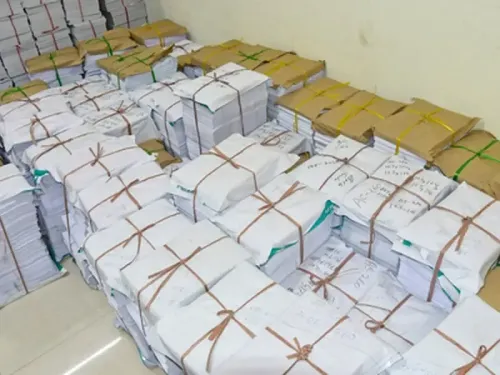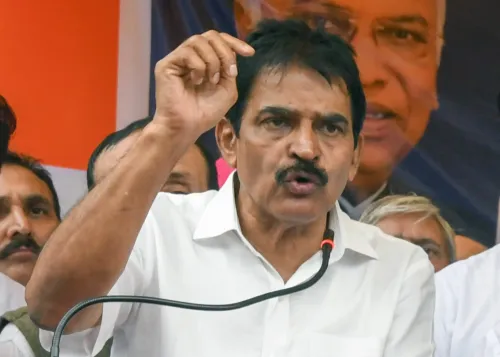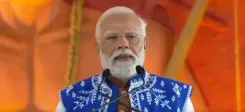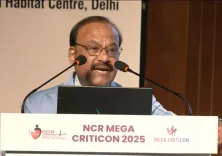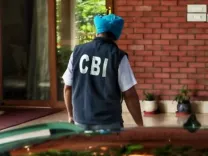Did Moldova's Pro-European Party Secure Majority in Parliamentary Elections?
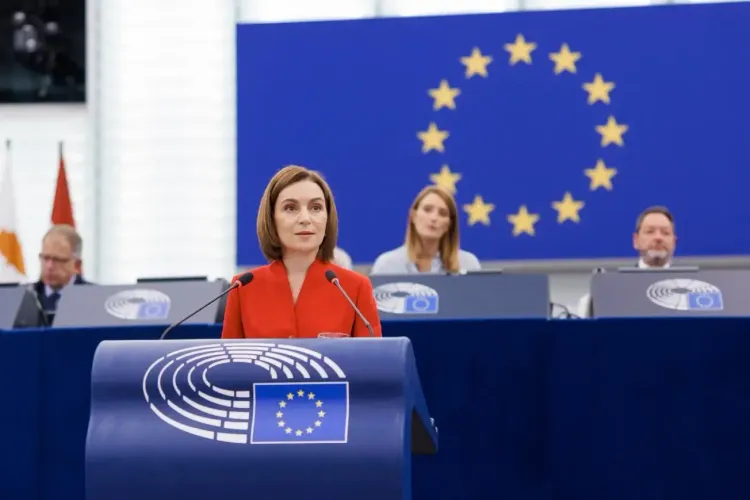
Synopsis
Key Takeaways
- Party of Action and Solidarity wins majority with 50.1% of votes.
- Allegations of electoral misconduct and foreign interference.
- Significant support from Moldova's diaspora.
- President Maia Sandu emphasizes EU integration.
- Concerns over the integrity of the electoral process.
Chisinau, Sep 29 (NationPress) The Party of Action and Solidarity (PAS), a pro-European political group in Moldova, has declared a decisive victory in the recent parliamentary elections held on Sunday. With nearly all polling station reports finalized, the electoral data indicates that the pro-EU PAS garnered 50.1 percent of the votes, while the pro-Russian Patriotic Electoral Bloc obtained 24.2 percent.
The Russia-friendly Alternativa Bloc secured third place, followed by the populist Our Party in fourth. The right-wing Democracy at Home party also achieved enough support to gain seats in parliament. Preliminary results suggest that PAS will command a majority with approximately 55 out of 101 seats in the legislature, which is essential for any proposed government to gain parliamentary approval, according to Euro News.
One opposition leader with pro-Russian ties, Igor Dodon, called on his supporters to rally outside Moldova's parliament to assert their position prior to the announcement of results. Ultimately, it became evident that the party led by Moldovan President Maia Sandu held a majority in the legislative body.
The sizable Moldovan diaspora played a significant role in shaping the election outcome. During the 2024 presidential runoff, perceived as a choice between East and West, a record 327,000 votes were cast from abroad, with over 82 percent backing Sandu. After the election, Sandu reiterated her stance that Russia interfered in the electoral process and emphasized her commitment to ensuring peace and aligning Moldova's future with the European Union.
Voters in Moldova experienced numerous allegations of electoral misconduct during the voting process. The country’s Ministry of Foreign Affairs reported bomb threats at polling stations across Romania, Spain, Italy, and the US. Authorities arrested three individuals believed to be linked to the security services in Moldova’s pro-Russian breakaway region of Transnistria, who were allegedly plotting to incite “mass destabilizations and disorder.”
According to police, these suspects were identified as leaders responsible for coordinating and supplying these disruptive groups, with pyrotechnics and flammable materials discovered that were intended to create panic. During the voting process, Sandu addressed the public via Facebook, revealing reports of voters being illegally transported to polling stations abroad, allegedly in exchange for money, along with instances of blank ballots being removed from polling locations to be later stamped for fraudulent voting. Euro News reported that Russia has repeatedly denied any interference in Moldova’s elections, dismissing these allegations as “unsubstantiated.” Dodon also rejected claims of substantial interference when he cast his vote.

